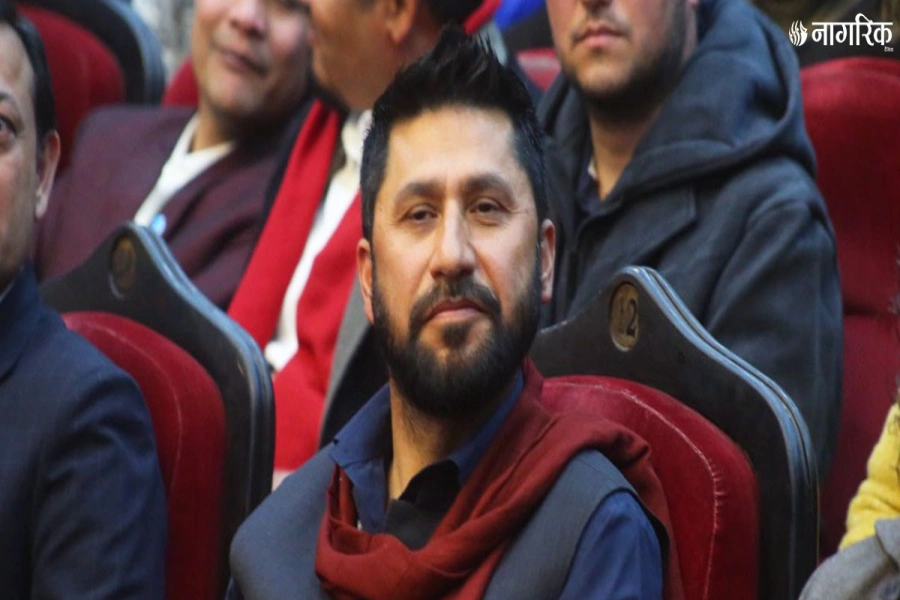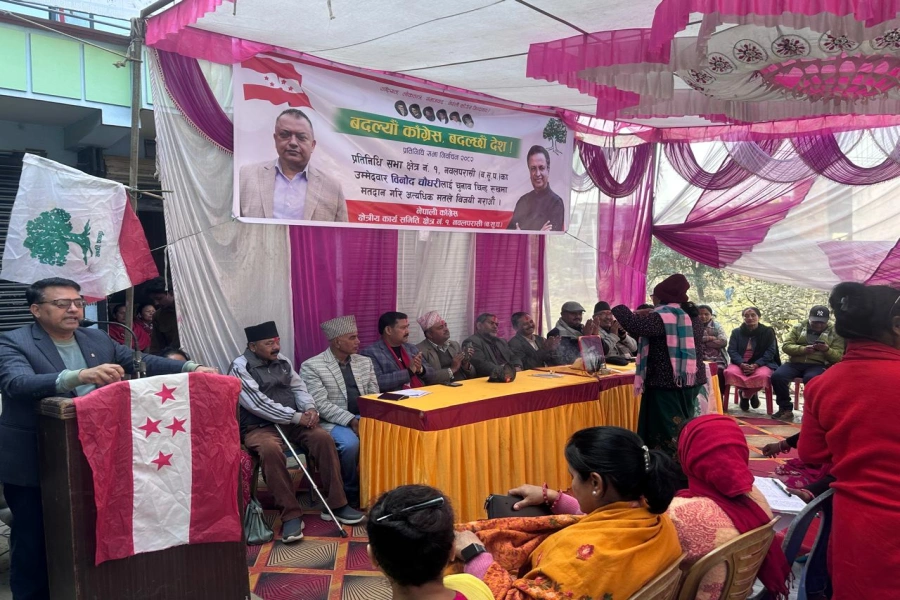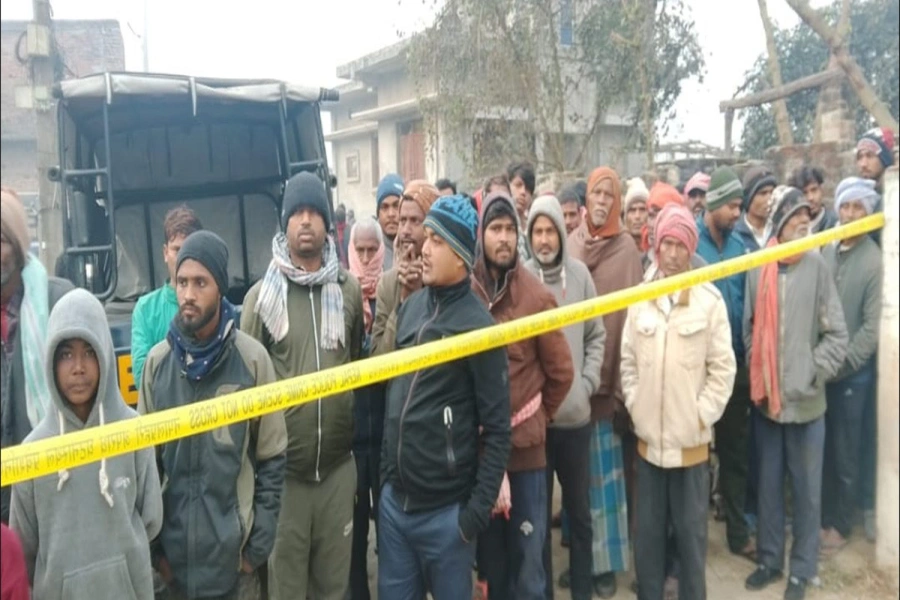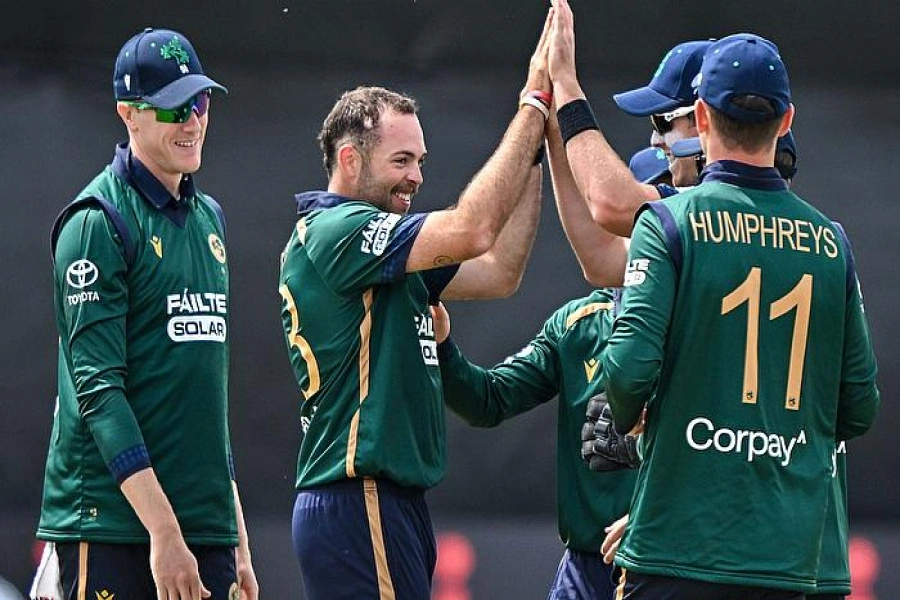The world’s largest elections begin this weekend in India, amid claims that the race to lead the country has already been won. If Narendra Modi were to secure a third term with a big parliamentary majority, his achievement would match that of the country’s first prime minister, Jawaharlal Nehru. Whatever the outcome, the loser has been Indian democracy. Unlike Mr Nehru, who anonymously criticised his own leadership, Mr Modi has little time for his opponents.
Democracies run best when there is a contest of ideas and equal treatment of citizens in everyday administration. These are in short supply in Modi’s India. The main opposition Congress party found its bank accounts frozen. It can’t be a coincidence that all the leading Indian politicians arrested by enforcement and tax authorities belong to the opposition and none to the ruling party. Weaponising India’s prosecutorial apparatus seems unnecessary, as Mr Modi can massively outspend his rivals. Since 2018, Mr Modi’s Bharatiya Janata party has received about £1.25bn from wealthy donors, more than all other political parties combined.
One is tempted to ask whether Mr Modi needs elections that inevitably invite repudiation. After 10 years in power, voters may be in a mood to surprise him. Polls suggest that Indians are most worried about unemployment, inflation and income insecurity. On these issues, Mr Modi has a poor record, which is a bruise that the opposition keeps punching. Most voters say corruption has got worse under Mr Modi’s rule. Unsurprising perhaps, as recent economic growth so disproportionately benefits the rich that India is more unequal today than under colonial rule.
No one should dream of going against democracy: PM Deuba

Holding elections burnishes India’s reputation as “the world’s largest democracy”, in contrast to China. More importantly, Mr Modi needs a popular mandate to legitimise his rule. Populist leaders run the risk of losing power to prevail over unelected institutions that uphold the rule of law. Resistance to Mr Modi is a dangerous business. He has used his election victories to characterise opposition to his bulldozing of constitutional rights as acts of an enemy within.
Modern India has never defined its identity in terms of religion or ethnicity. Most Indians are classed as Hindu, but the country is home to 200 million Muslims. Hindu nationalists – such as Mr Modi – seek primacy for fellow adherents. That is why vigilante groups associated with the ruling party violently police society at the grassroots level with impunity. If Mr Modi were to lose power, these organisations would make any return to the status quo ante very difficult.
Only a mass movement, writes Christophe Jaffrelot of King’s College London in his book Gujarat Under Modi, could counter a vigilantism that forms a “state deeper than the official one”. That is not as unlikely as it sounds. Mr Modi is not popular in southern India, where there has been a political mobilisation around regional cultural identity that challenges Hinduism’s hierarchies. The upshot, particularly in Tamil Nadu, has been more effective institutions and better outcomes on health, education and poverty reduction, as well as more economic dynamism.
To obscure the lack of progress in its populous northern strongholds, Mr Modi’s party militantly asserts Hinduism. One of its opponents in north India, Arvind Kejriwal, attempted to emulate the southern model in the nation’s capital, Delhi. He was arrested last month. Indian voters might see that as a sign of Mr Modi’s insecurity rather than his confidence. He has much to be insecure about.
Source: The Guardian (UK)



































